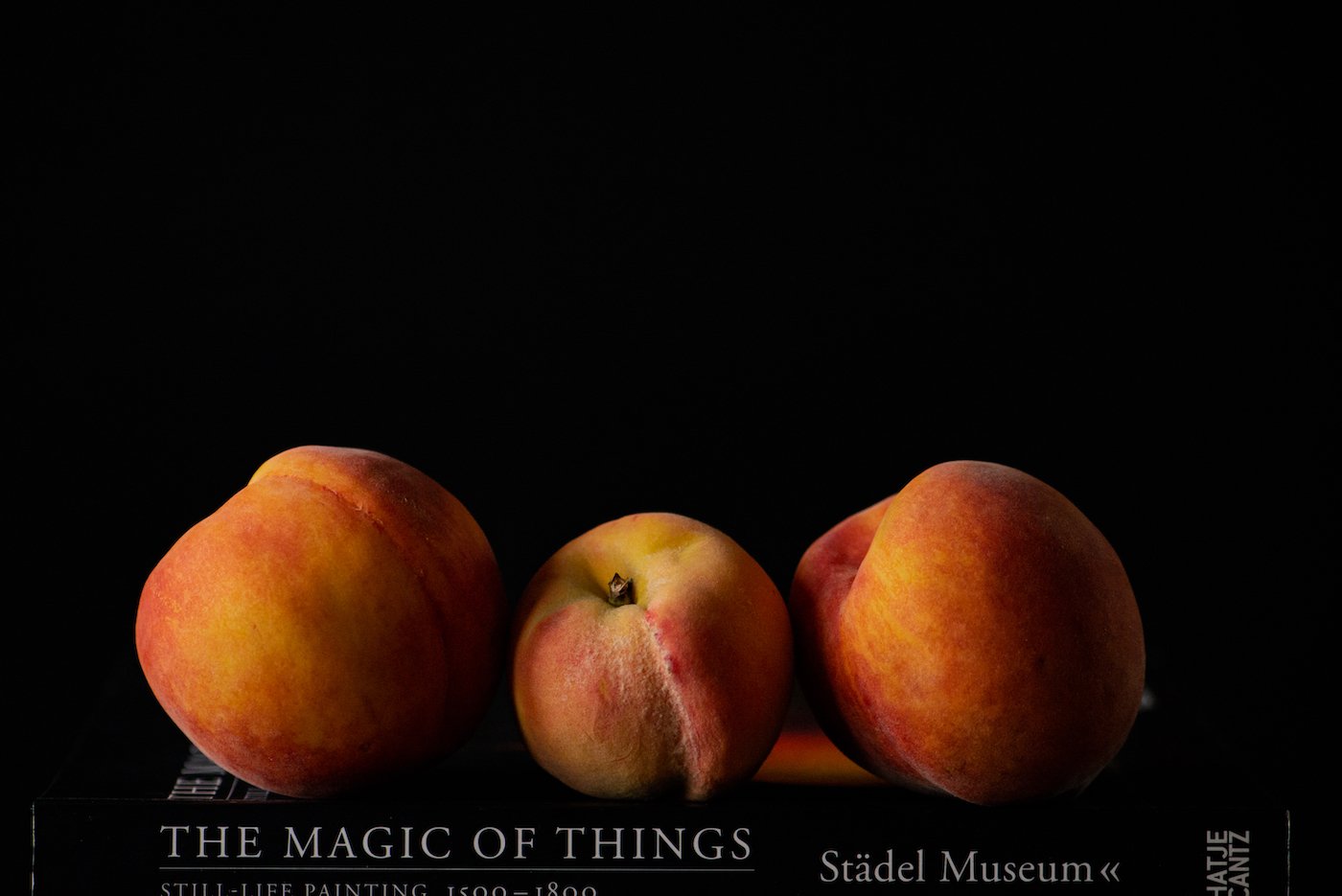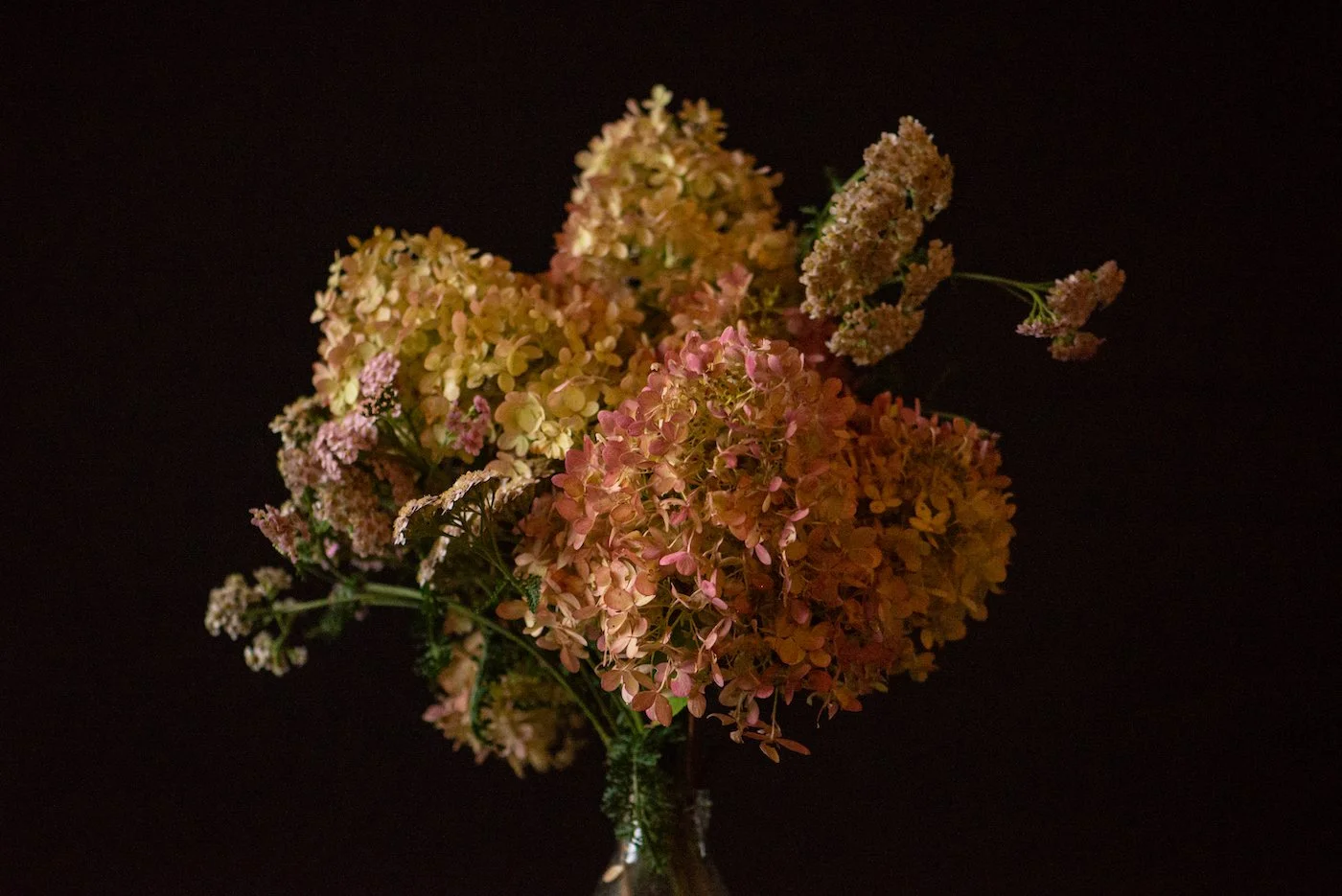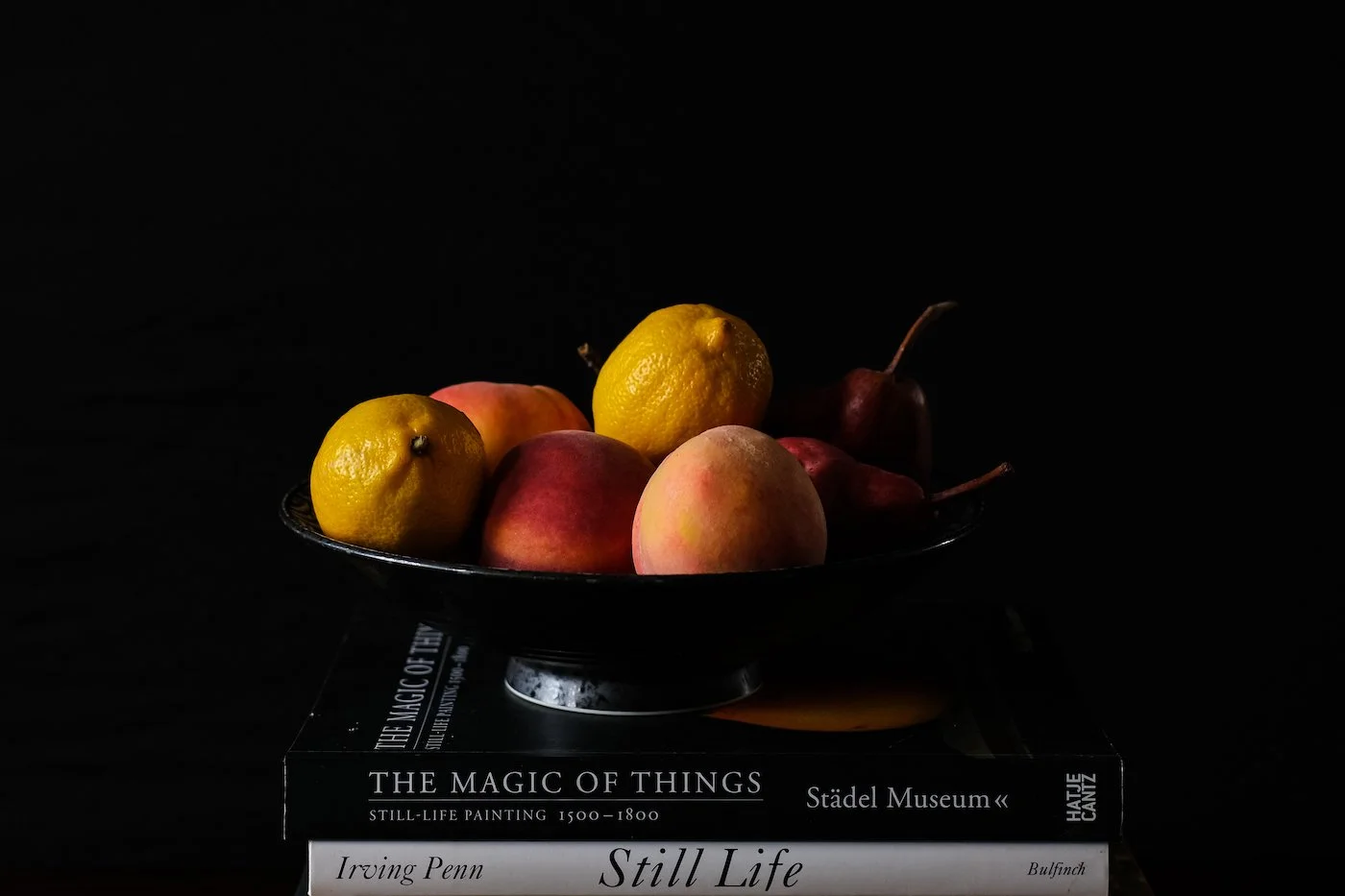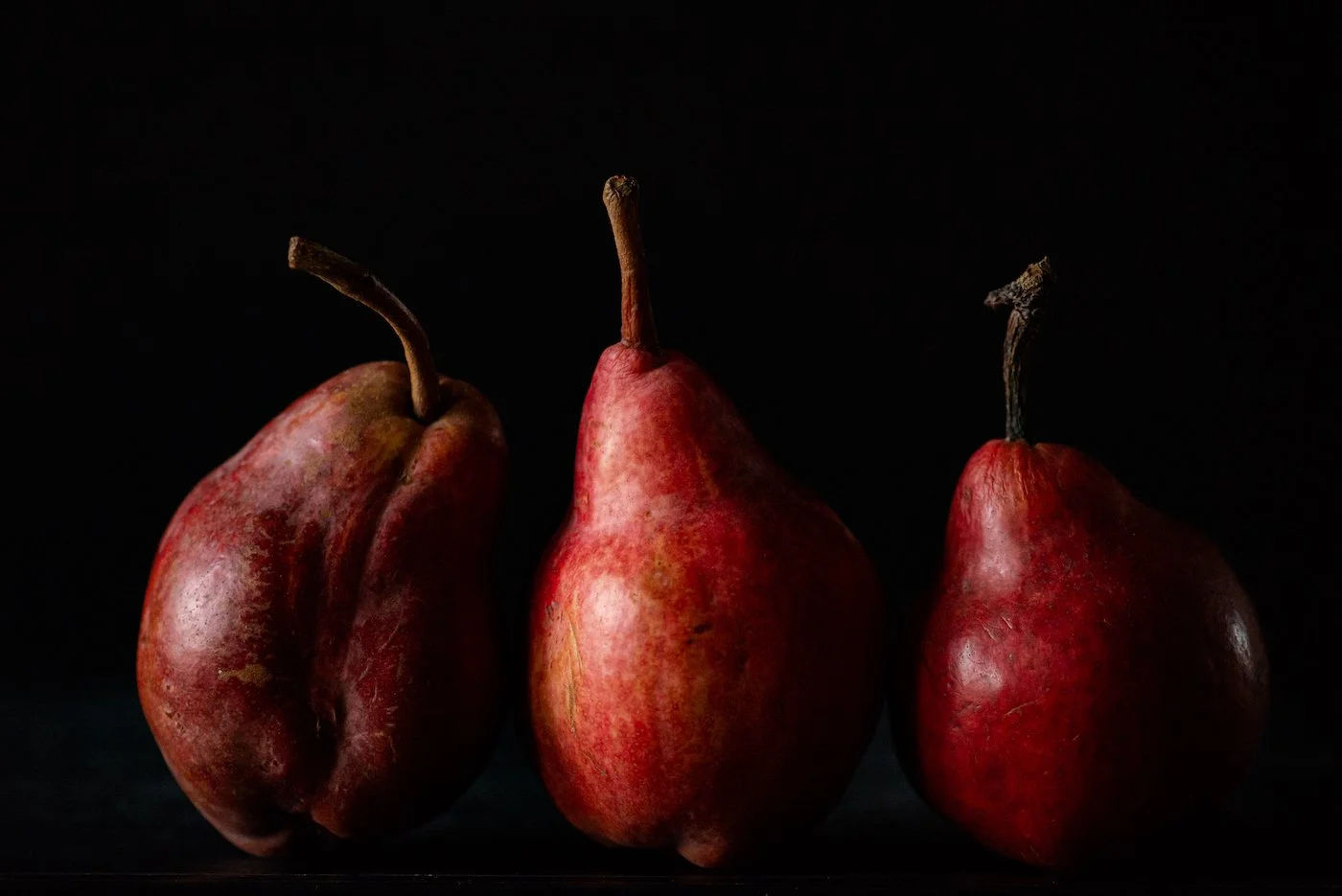20 Things That Might Be Helpful
Five years ago I wrote a post titled 20 Ways to Find an Inner Calm, and I’ve been wondering, if I were to write that post now, how would it be different? What things would overlap? What are the things that help us get through now? What is helpful now?
I think we can acknowledge that the last few years have been rough on us all in all sorts of ways. Very few people have come through wholly unscathed. So I just want to start off by acknowledging that. I think we need to hear it. When we pretend that things that happened didn’t happen, just so we can move on, well, that makes no one feel good. We went through some bad stuff. Some people had it less bad, and some were afflicted in unimaginable ways. It has not been easy. We’ve experienced first hand and second hand trauma. There have been small worries, large ones. There have been losses, so many hard sad losses of beautiful humans. Our loved ones have suffered losses. Those are also hard. We’ve not been able to grieve properly, always. It’s been tough. I can’t say that enough. I know that this doesn’t even begin to get deep enough with all we’ve been through, but from experience, I know that it helps if someone just says, I acknowledge how difficult it’s been. I don’t know all you’ve been through, but I know it’s been a lot. A LOT.
And so what follows are just some things that have helped me. I’ve written about most of them in previous posts. But I thought it would be helpful and useful for me to have them all in one spot for when one of THOSE DAYS shows up, and maybe it will also be useful for you. Some days some of these “helpful” things will hit wrong, some days, they’ll hit right. Take what works, ignore what doesn’t. The usual.
In my book The Flower Can Always Be Changing, I wrote an essay about having Bell’s Palsy. And in it I quoted Franz Kafka, and these days I can’t quit thinking about what he said:
“When you stand in front of me and look at me, what do you know of the griefs that are in me and what do I know of yours?”
1. Marshal your intelligence, your courage, and humour in order to turn the tide.
This is from Pema Chödrön’s elucidation of the Shantideva (8th century sage) in her book No Time to Lose. She says, “remind yourself in whatever way is personally meaningful, that it is not in your best interest to reinforce thoughts and feelings of unworthiness. Even if you’ve already taken the bait and feel the familiar pull of self-denigration, marshal your intelligence, courage, and humour in order to turn the tide.”
I find it strangely reassuring that people in the 8th century had to deal with the same rubbish and mental obstacles that we do now.
2. Step off the battlefield.
In his book, A Healing Space, Matt Licata asks us to consider abandoning the idea of “letting go” of difficult emotions, and be “invited to step off the battlefield and turn back toward them, curious about why these visitors have come, what messages they might have for us…”
At first, I found it really useful to just mentally step off the battlefield. I just did THAT. I didn’t feel the curiosity that Licata speaks of, I didn’t go looking for messages. You know, at first, I didn’t even turn back. But then I did. Then I got curious. And that was very helpful for me, too.
3. Let your clarity and warmth and feeling of well-being be contagious; It could give other people a break.
Pema Chödrön again, this time from her Wisdom of No Escape. She says, it is our responsibility “to let our clarity and our heart, our warmth, and our ability ripen, to open up and let go, because it’s so contagious.” She says, “if you feel at home in your world, it’s contagious; it could give other people a break.”
I had a moment when it really hit me how my reactions and behaviour were so NOT giving people a break. People I really love. There was a moment when I was just doing this terrific spiralling thing — I was a hot mess, an angry and likely clinically depressed mess. Honestly I was in a fury. But it wasn’t doing anything for anyone, least of all me. And I was sort of okay with that in a way. Anger seemed the proper reaction. I still think probably it was. That said, I had a big moment where I realized my bad humour was killing other peoples’ equanimity. I didn’t like that. So I somewhat clawed myself back to a state where I could give other people a break. And I hope I can stay at that spot.
I admit, it’s that word responsibility, that really hits for me. Because I really do think we need to feel some responsibility for others.
4. Write a note to yourself about when your heart was most alive.
Now this one is Hafiz (from A Year with Hafiz, translated by Daniel Ladinsky). He says, “Whatever beauty you have known, you will know a thousand times more.” In other words: get started. He says, “write a little note to yourself about when your heart was most alive. Carry that with you for a fortnight.” Those near you, he says, will receive a tiny transference, and isn’t that a nice idea?
5. Enjoy what you enjoy. Do all the things.
Swamp Witch Advice says this on Twitter: “You have no calling — no singular purpose. Do as many things as you can that make you and your loved ones happy as often as you can.” Right? Let’s just do those things we enjoy. This is a phrase I often repeat in my head from Virginia Woolf’s To the Lighthouse: “Let us enjoy what we do enjoy.” This is in the context of the previous sentence, “Who could tell what was going to last — in literature or indeed in anything else?”
Who knows what you’ll be remembered for. Whatever it is, it’s probably other than you think. We have no crystal balls. So enjoy what you enjoy.
6. Sit beside luminous souls.
Rumi said:
“Look carefully around you and recognize
the luminosity of souls. Sit beside those
who draw you to that.”
Not always possible, of course. But worth working toward.
7. Rubbish circumstances can be a spiritual opportunity.
For a long time, I could say this without meaning a single syllable of it. But I’m starting to see the truth in it. I sort of highly dislike that it’s true. The shadowy bits, the hard parts, are blessings in a lot of ways. Not all, though. I won’t concede that.
Rumi:
“But that shadow has been serving you!
What hurts you, blesses you.
Darkness is your candle.
Your boundaries are your quest.”
8. Your efforts are not insignificant.
Hafiz in A Year with Hafiz:
We add to the universe by our efforts.
Whatever we do, we should never think it is
irrelevant;
whatever we do, we should not conclude it
is so important either. Between those two
poles find your balance; between those two
regions your talents will bloom.
9. Listen to music.
I’m not what you’d call a music person. But also, I’m a music person? I learned this in a big way back when I had Bell’s Palsy. The condition is such that the main thing about it is half your face is non-functioning but for most afflicted, there is also a likely viral component — exhaustion, brain fog etc. But what I found I could do then is listen to an entire album with my painfully droopy eye closed lying on the couch and it felt amazing. Productive even.
Moyra Davey has written in her Index Cards book, “We tend to cannibalize experience and …we should consider spending more time just listening to music, for instance, for its own sake.” This is how we take time to live, she says. And Hafiz concurs: “If you are sad, remember a beautiful song / you know. It is really something living. / It can bring you to the place where it was created out of light, and you can feel that for a moment.”
And isn’t it great to think of music as something created out of light??
10. When things are difficult let yourself be happy.
In October of 2020 I wrote a post filled with poems of praise and thankfulness and I included this:
“There is a Tibetan saying: ‘When things are difficult, then let yourself be happy.’ Otherwise, if happiness is relying on others or the environment or your surroundings, it's not possible. Like an ocean, the waves always go like that but underneath, it always remains calm. So we have that ability as well. On an intellectual level, we may see things as desperate, difficult. But underneath, at the emotional level, you can keep calm.”
– Tenzin Gyatso
The 14th Dalai Lama
11. Be the right size in a given sitch.
This one just arrived in my inbox via Courtney Martin’s fab newsletter. So I’ll quote from it, but feel free to click the link to read more about intellectual humility.
“It’s pretty much what it sounds like, but I really like Daryl R. Van Tongeren’s definition: “Humility is about being the right size in a given situation.”
If you play too small in a context where you know a lot, that’s called servility—think about all the women who give a preamble about how they might be wrong before sharing a well-informed, beautifully-articulated opinion. And if you play too big, that’s called arrogance…”
I hadn’t given much thought to intellectual humility before reading the newsletter, but I’ll definitely be reading up more on it.
12. Don’t allow yourself to be too small.
And in a similar vein to number 11, I’m sure many of you have read David Whyte’s poem, “Sweet Darkness” which ends:
Sometimes it takes darkness and the sweet
confinement of your aloneness
to learn
anything or anyone
that does not bring you alive
is too small for you.
13. Smallest circles first.
This is a teaching from the beautiful soul, Richard Wagamese. I’ve blogged about the story before here. His friend tosses a pebble into water:
“This is how you can change the world,” she said and tossed the pebble.
It plopped into the water and we watched as the ripples spread out from the splash and ringed to the shore at our feet.
“The smallest circles first,” she said. “The smallest circles first.”
Richard Wagamese repeats: “It begins with a humble effort — the smallest circles first.”
14. Figure out the machinery of the boat.
Joseph Campbell said: “Each of us has individual capacities. The real trick is knowing the machinery of the boat in which you are crossing the channel.” What are you good at? What are your things? Say you are the sort who wants to be of use. Isn’t the first step figuring out what you’ve got that could help?
15. Art is necessary.
If you’re reading this, you already know that art is necessary. But I love coming at the why of that from all sorts of directions. Here is one from the poet Li-Young Lee:
“Hunger is an emptiness. That’s why art is necessary. To remind ourselves of our solitude and our silences: that’s our original state. That’s what it all comes down to again, then, that art is the practice of our original identity. And our original identity is that universe mind, right?”
16. Be a fighting optimist.
I’ve quoted this line from Bruce Springsteen before. I still really feel it; I still really want to be that. I didn’t reckon the fight would be so hard. But yah, if Bruce is doing it then so the fuck am I.
17. Ask yourself what is the next most elegant step? and keep asking.
“What is the next most elegant step?” Is from adrienne maree brown’s book Emergent Strategy: shaping change, shaping worlds. An elegant step acknowledges what is known and what is not known, she says. And while she mainly applies this to groups it works for individual strategies too. I don’t know what my next most elegant step is right now but I know there hasn’t been enough poetry in my life the last couple of years. Even my dreams at night are about reacting to an emergency, practicing first aid — which I guess follows Kerouac’s “even in dreams be kind.” Who do I want to be; where do I belong now? More elegance more poetry that’s what I want. You? (from a post on my Instagram).
18. Read poetry to help you both struggle with the world and also to love it.
Ellen Bass, in her newsletter, shared the following from Ada Limón:
“I am very interested in how poetry has not just saved my life, but allowed it to flourish and deepen…Poetry constantly reminds me of what it is to be in the world, to both struggle with it and love it.”
19. Wait.
There are so many poems that have helped me through the last few years. I hope you have poetry in your life! Here is one by Galway Kinnell from his Selected Poems. I like it because everyone is tired, but still, there are luminous souls, things will be interesting again.
Wait
by Galway Kinnell
Wait, for now.
Distrust everything if you have to.
But trust the hours. Haven’t they
carried you everywhere, up to now?
Personal events will become interesting again.
Hair will become interesting.
Pain will become interesting.
Buds that open out of season will become interesting.
Second-hand gloves will become lovely again;
their memories are what give them
the need for other hands. And the desolation
of lovers is the same: that enormous emptiness
carved out of such tiny beings as we are
asks to be filled; the need
for the new love is faithfulness to the old.
Wait.
Don’t go too early.
You’re tired. But everyone’s tired.
But no one is tired enough.
Only wait a little and listen:
music of hair,
music of pain,
music of looms weaving all our loves again.
Be there to hear it, it will be the only time,
most of all to hear
the flute of your whole existence,
rehearsed by the sorrows, play itself into total exhaustion.
20. Go forward with curiosity. Use everything that happens.
Let’s give Pema Chödrön the last word.
“We can put our whole heart into whatever we do; but if we freeze our attitude into for or against, we’re setting ourselves up for stress. Instead, we could just go forward with curiosity, wondering where this experiment will lead. This kind of open-ended inquisitiveness captures the spirit of enthusiasm, or heroic perseverance.”
She goes on to say:
“I can tell you from experience that when there’s a shift toward eagerness, life takes on a whole new meaning. Not the meaning that comes from careers or relationships, but the meaning that comes from using everything that happens as an opportunity to wake up. There will always be challenges, but they need not be seen as obstacles.”
Thanks for reading this far! I hope some of this is of use to you — I know it has been for me. Feel free to share this with anyone who might find it of interest, with thanks from me.
Next, the usual reminder that my Patreon “Beauty School” drops an email into your inbox each Monday morning with a prompt to focus on something small and beautiful for your week.
I’m on a holiday from my day job for the month of November and things might be a bit quieter here at TwB but I’ll for sure be over at my Beauty School :)
Going to just leave you with a song I’ve had on repeat, I Guess I just Feel Like, by John Mayer. I’m going to keep working on being Bruce’s fighting optimist, but some days are like this, too, and we have to honour that.









